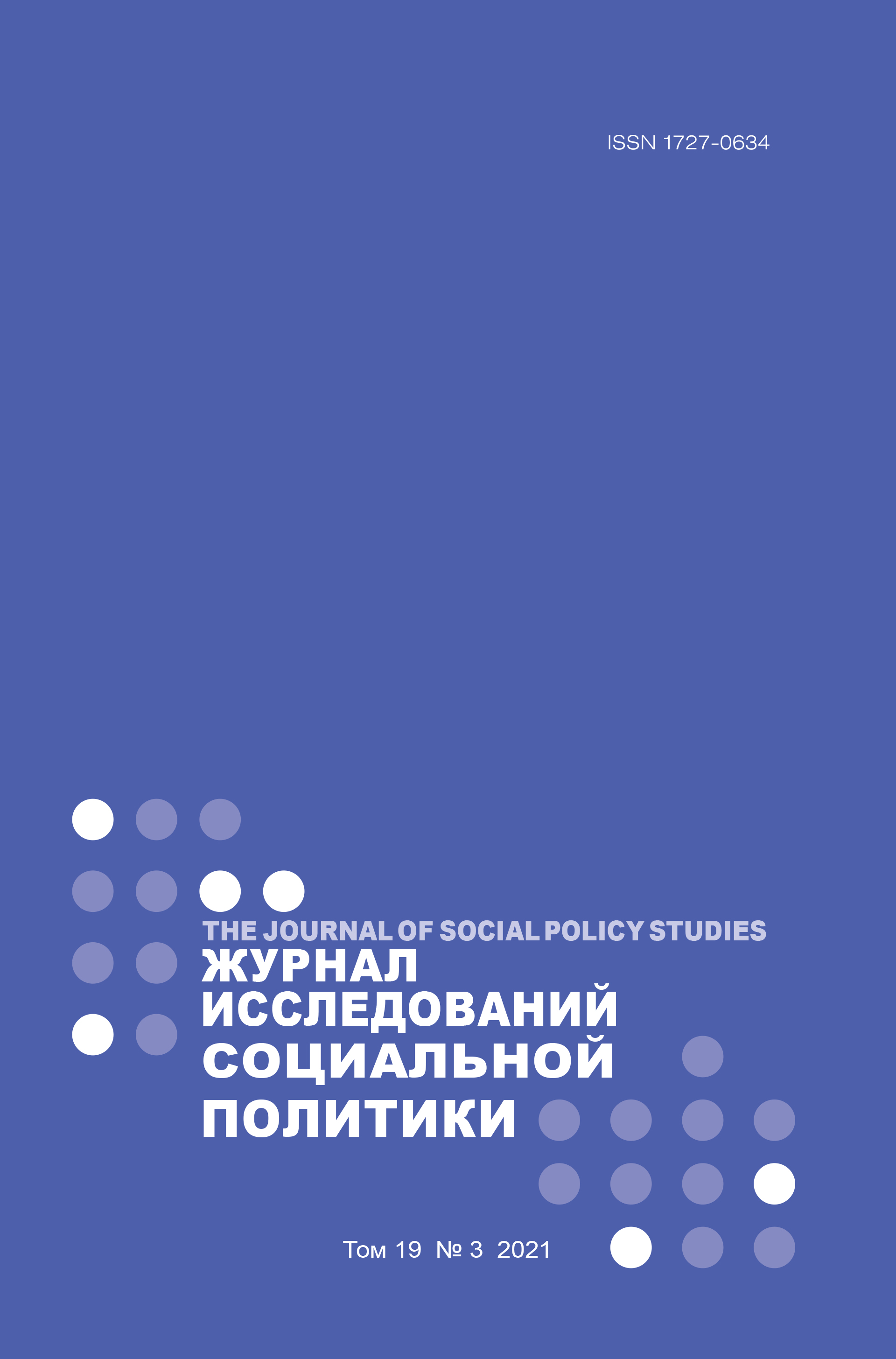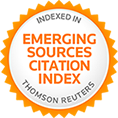Креативный эффект, инвестиции и инклюзия как норма жизни: установки HR-менеджеров России в отношении инклюзивного трудоустройства
Аннотация
На основании анализа 30 полуструктурированных интервью с HR-менеджерами российских и транснациональных бизнес-компаний выявлены основные типы стратегий инклюзивного трудоустройства, проанализирована интерпретация HR-менеджерами организационных барьеров и преимуществ найма людей с инвалидностью. Фокус на позициях HR-менеджеров обоснован тем, что их компетенции и функционал, с одной стороны, максимально приближены к реализации существующих законов и регламентов, с другой, именно эти профессионалы могут стать проводниками новых инклюзивных практик. Через организационный контекст HR-менеджеры осмысляют проблемы и перспективы инклюзивного трудоустройства, как они связаны с организационными ценностями и корпоративной культурой, имиджем компании и ее ролью в повышении толерантного отношения к людям с инвалидностью в обществе, способностью компании идти дальше выполнения законодательства по квотам и готовностью инвестировать в людей с инвалидностью, вместо ожидания дополнительных льгот и субсидий от государства. Информанты рассуждают о найме людей с инвалидностью и в логике ценностей инклюзии, и с точки зрения экономических выгод. Противоречащие друг другу с экономической точки зрения позиции – найм сотрудника с инвалидностью для закрытия вакансии и инвестиции в позиции стажёров, – интерпретируются информантами как равно важный долгосрочный вклад не только в бизнес, но и в формирование инклюзивной культуры как в компании, так и за ее пределами. Недостаток такой культуры в обществе предстает одним из самых живучих и сложно преодолимых барьеров на пути инклюзивного трудоустройства, наряду с неразвитой инфраструктурой, недостаточной мотивацией и квалификацией самих людей с инвалидностью, запутанностью рекомендаций по аттестации рабочих мест. Вместе с тем HR-менеджеры видят определенные блага и преимущества в трудоустройстве людей с инвалидностью и начинают формулировать внутренние правила, создавать практики взаимодействия, направленные на воспитание, закрепление и продвижение инклюзивных ценностей. Личным приоритетом становится «инклюзия – норма жизни» хотя бы в отдельно взятой компании.















